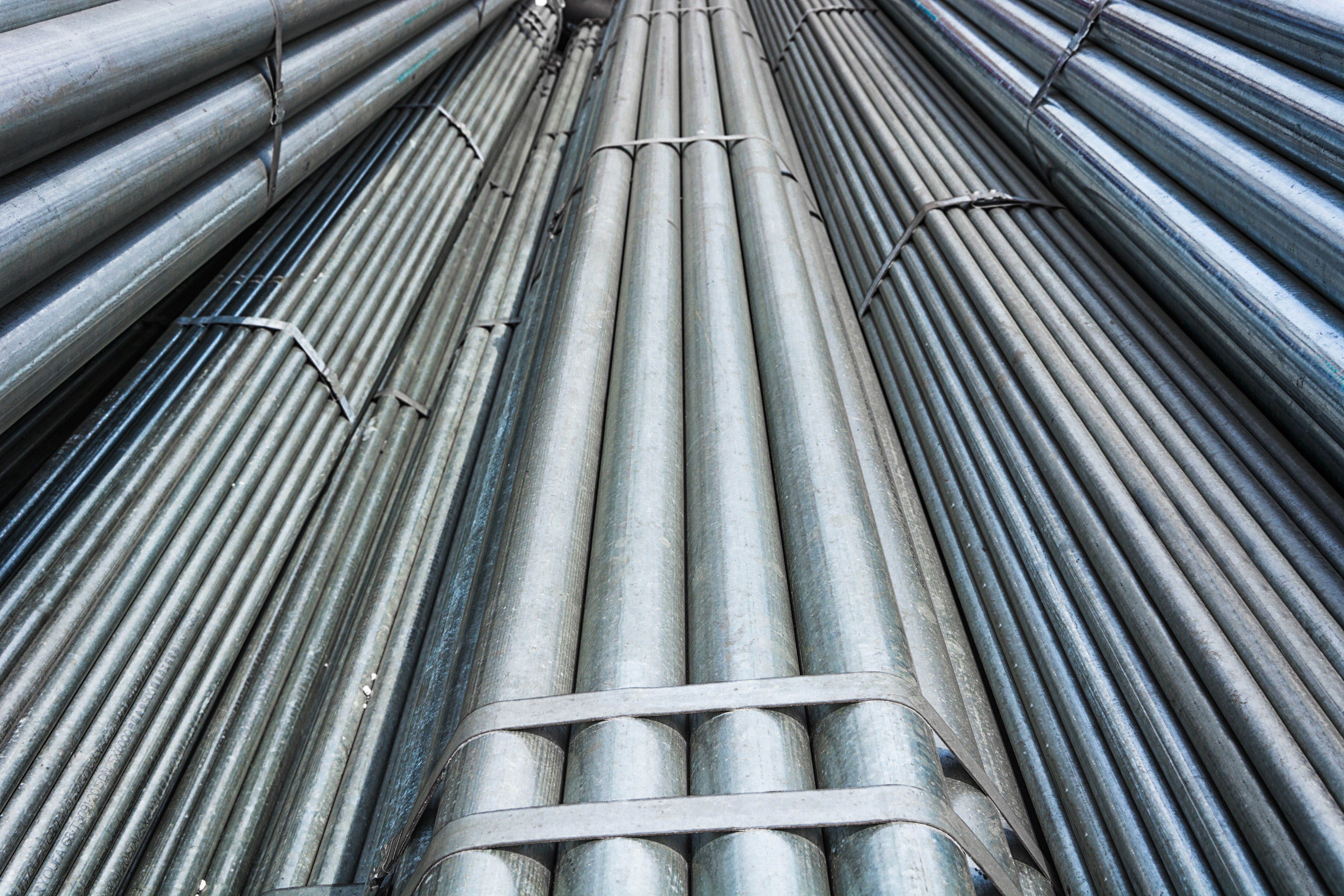

Overwhelmed! Domestic primary aluminium billet supply has been caught up in production cuts since June. Since June, low domestic and overseas inventories have sparked a market "cornering" trend, with spot aluminium prices surging and nearly reaching the RMB 20,000 per tonne mark.
 Image for representational purposes only
Image for representational purposes only
The sustained high aluminium prices have suppressed consumption, coupled with a stronger off-season atmosphere downstream, leading to weak end-use demand across various sectors. Aluminium billet destocking has been sluggish, resulting in an inventory buildup turning point. Aluminium billet processing fees have "plummeted" amid already challenging conditions, with the supply-demand pattern gradually collapsing. Some consumption regions have even witnessed "zero processing fees" or "negative processing fees" scenarios, placing aluminium billet producers under severe inventory and capital pressure.
Consequently, the aluminium billet production cut wave has intensified, evolving from marginal production cuts at the beginning of June to large-scale production halts and cuts in multiple regions by the end of June and early July. The scale of aluminium billet production cuts continued to expand slightly in mid-July, with some billet plants choosing to resume production only in late July. In the past two months, the domestic proportion of liquid aluminium has encountered significant resistance in surging, with the daily average production of domestic primary aluminium billets in June remaining flat with May at around 49,000 tonnes per day. However, it is expected that this figure will sharply decrease to 44,000 tonnes per day in July.
Let's first look at the June data. According to SMM's monthly survey statistics, there are currently 173 enterprises in SMM's monthly survey sample for primary aluminium billets, with a total capacity of 31.805 million tonnes, unchanged from the previous month. In June 2025 (30 days), the total national production of primary aluminium billets was 1.465 million tonnes, a decrease of 44,000 tonnes or 2.9 per cent compared to May 2025 (31 days), and an increase of 41,000 tonnes or 2.9 per cent compared to the same period last year. The operating rate of domestic primary aluminium billets in June was 55.3 per cent, a decrease of 1.6 per cent M-o-M. Regionally, affected by marginal production cuts in June, production in major aluminium billet-producing provinces such as Shandong, Inner Mongolia, Yunnan, and Guangxi has shown a downward trend. However, provinces like Ningxia, Henan, and Xinjiang have seen production rise against the trend due to reaching full production targets and increasing new capacity in H1.
So, what is the forecasted aluminium billet production for July? According to SMM's latest survey statistics on production cuts among aluminium billet enterprises in various domestic provinces, after desensitization, SMM expects the total national production of primary aluminium billets in July (31 days) to be 1.364 million tonnes, a decrease of 101,000 tonnes or 6.89 per cent compared to June 2025 (30 days), with the operating rate sharply decreasing by 3.8 per cent to 51.5 per cent; a decrease of 63,000 tonnes or 4.4 per cent compared to the same period last year. Due to the overall weak performance of the aluminium billet market in July, producers' profitability is concerning, with production volumes in most provinces decreasing. Among them, production in Guangxi and Qinghai is expected to decline by over 10 per cent, while production in Shandong, Inner Mongolia, Xinjiang, Guizhou, and Ningxia is also expected to decrease by over 5 per cent. Currently, as we enter late July, according to SMM's survey, some aluminium billet enterprises in provinces like Guangxi that had previously halted or reduced production have completed maintenance and chosen to resume production, with good progress in resumption, driving a slight rebound in the weekly operating rate. Currently, due to the pullback of aluminium prices from highs and the impact of the previous production cut wave, producers are hardening their prices amid sustained losses, while aluminium billet inventories have been continuously decreasing recently. Coupled with an increased willingness among downstream users to replenish relatively low-priced goods, suppliers have made some downward adjustments but remain controllable, with overall transactions in the doldrums.
According to SMM's survey statistics, the in-plant inventory of domestic aluminium billet plants in late July was approximately 115,000 tonnes, an increase of 1,900 tonnes compared to the same period last month; the average days of inventories remained flat with the same period last month at 2.3 days, with signs of stabilization in the aluminium billet supply side approaching August.
(The July production data is only a forecast. Data source statement: Except for publicly available information, all other data is processed by SMM based on publicly available information, market exchanges, and relying on SMM's internal database model, for reference only and does not constitute a decision-making recommendation.)
Note: This article has been issued by SMM and has been published by AL Circle with its original information without any modifications or edits to the core subject/data.
Responses








